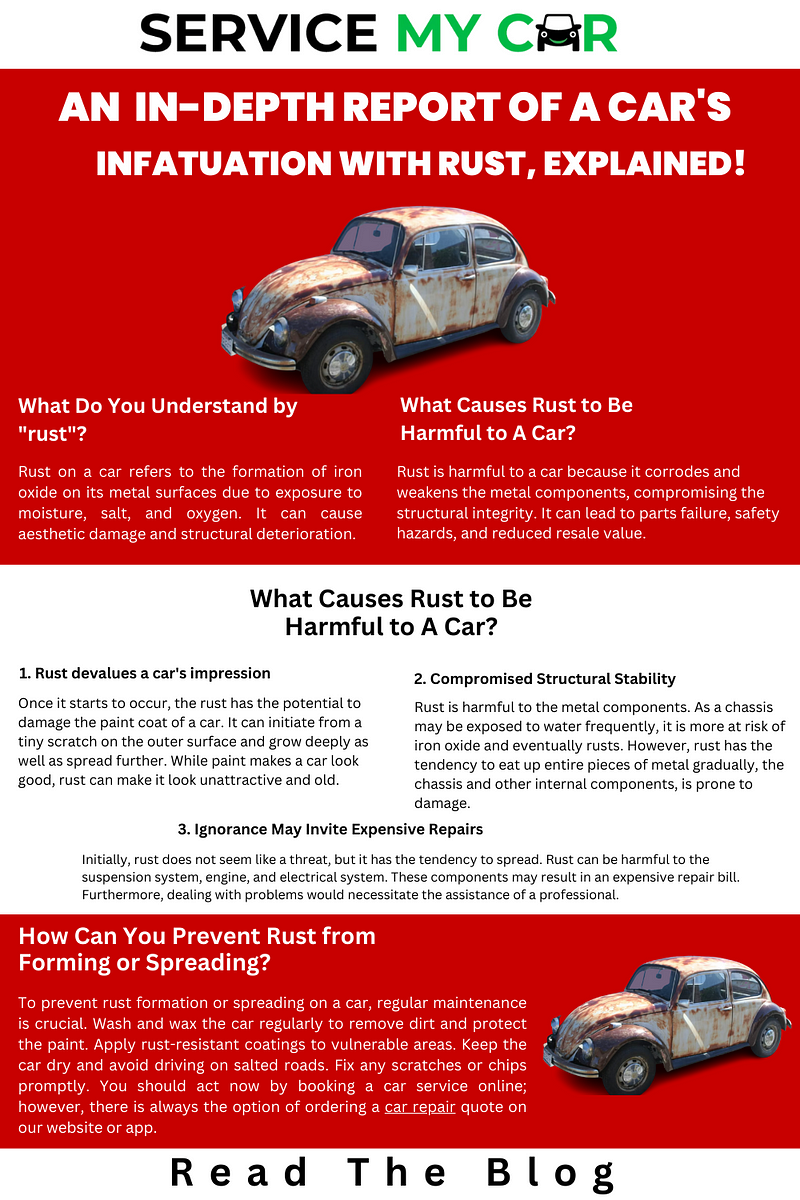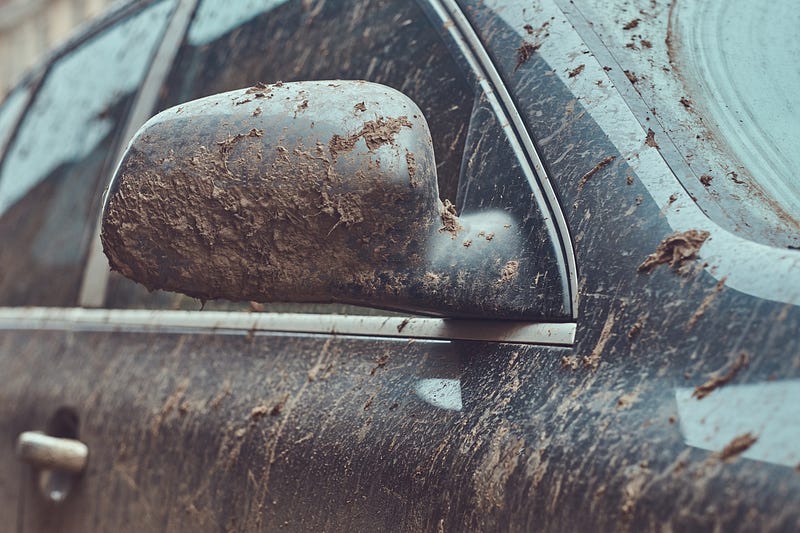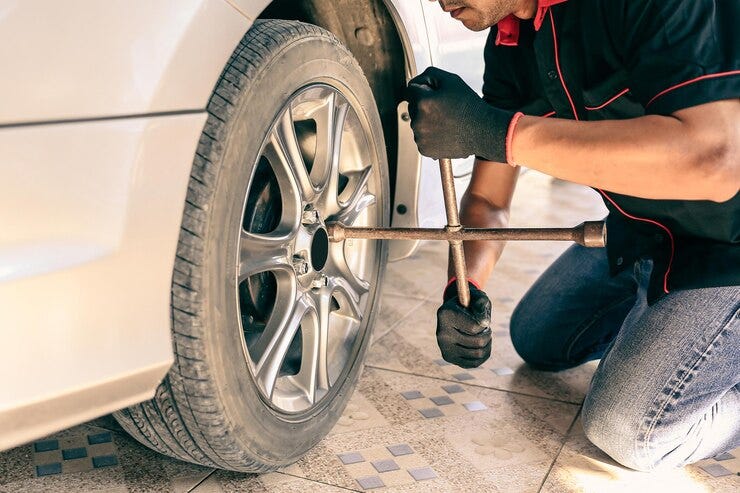When analysing potential threats on a road, people consider things like environmental hazards and mechanical problems. But there is always a sizable threat that is constantly present and can gradually become a bigger issue. It is known as rust.

What do you understand by “rust”?
Usually, most of us have seen rust in our lives. But what is it exactly? Iron oxidation is a more technical term for it. Rust is a result of the chemical reaction, or corrosion, between iron and oxygen. In simple terms, corrosion happens when iron gets extensive exposure to oxygen with moisture in place.
When the surface molecules of a metal, specifically iron, come into contact with oxygen, it oxidises. The process always results in the formation of a new molecule (iron oxide). This is rust.
Though pure iron does not favour oxidation as much, it is not considered the perfect material for building a car. Steel has become a preferable alternative to iron. However, steel as a metal possesses more quality, tensile strength, and formability. Steel, on the other hand, is more susceptible to rapid oxidation.
In today’s world, most vehicles do not come with pure iron, while steel is used to make the car’s sheets and components.
Besides, a vehicle that has to deal with the water that contains road salt and other contaminants has a tendency to rust rapidly. The contaminants work as electrolytes and speed up the iron oxide process. It is quite common that rust mostly occurs at those places where water stays longer than normal.
What causes rust to be harmful to a car?

When rust starts to occur on a metal surface, it can damage the body entirely. However, a car’s body is always protected with the paint coating, which does not allow exposure of bare metal to water or oxygen.
However, a car’s paint coating might get scratched, or there would be damage due to bird waste. It allows water and oxygen to react with the metal. Here, oxidation happens, and rust appears as a result. Apart from the body, a car’s chassis remains at risk of rust due to constant exposure to road water and other contaminants. A rusted chassis may lose its strength to support the car’s structure.
In a car, rust is extremely dangerous to the engine too. Water may infiltrate the engine with the help of inferior quality fuel. It could make its way to the engine through condensation. Despite the reason, if it happens inside the cylinder, the pistons do not survive very long. However, lubrication takes care of any possible presence of rust inside the cylinder.
Modern cars are equipped with complicated electronics and electrical systems, and rust can also affect them. Although they are typically well protected, if water frequently enters your car, the electronics could short out and cease to function.
Let’s take a look at these points to better understand the effects of rust on your vehicle.
1. Rust devalues a car’s impression
Once it starts to occur, the rust has the potential to damage the paint coat of a car. It can initiate from a tiny scratch on the outer surface and grow deeply as well as spread further. While paint makes a car look good, rust can make it look unattractive and old.
This is definitely not a preferred condition for you, and it does not get you any favour if you look for a better valuation of your car in the pre-owned market.
2. Compromised structural stability
Rust is harmful to the metal components. As a chassis may be exposed to water frequently, it is more at risk of iron oxide and eventually rusts. However, rust has the tendency to eat up entire pieces of metal gradually, the chassis and other internal components, is prone to damage.
The rusted parts also compromise the structural stability of the chassis, and it would be dangerous to drive such a vehicle.
3. Ignorance may invite expensive repairs
Initially, rust does not seem like a threat, but it has the tendency to spread. Rust can be harmful to the suspension system, engine, and electrical system. These components may result in an expensive repair bill. Furthermore, dealing with problems would necessitate the assistance of a professional.
However, Service My Car might help you deal with complex problems with a car.
How can you prevent rust from forming or spreading?

You can stop rust from occurring just by removing it from the surface. It is critical to avoid exposing the metal to water while rust may appear in the form of a small bubble or at pinhole.
Besides, you have to be sure about a lot of things before looking for a course of action to deal with rust growth. Environmental factors such as air temperature and moisture, metal exposure, paint quality, and frequent exposure to water definitely play a significant role in the occurrence and growth of rust.
In case you own an Luxury car, and you are looking for oil change then we would like to recommend Service My Car, the best and trusted car repair to change an oil change for your Luxury car.
You should act now by booking a car service online; however, there is always the option of ordering a car repair quote on our website or app.

